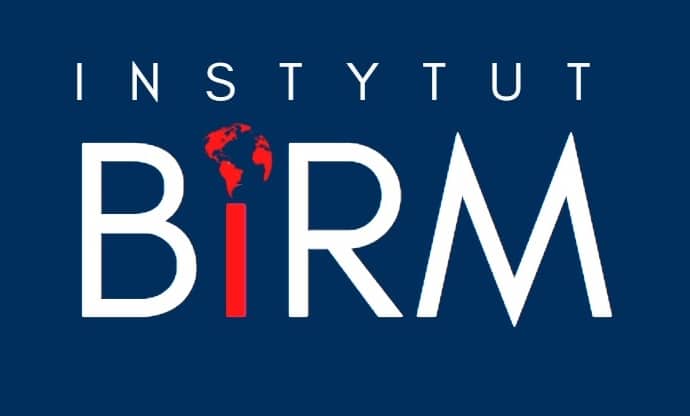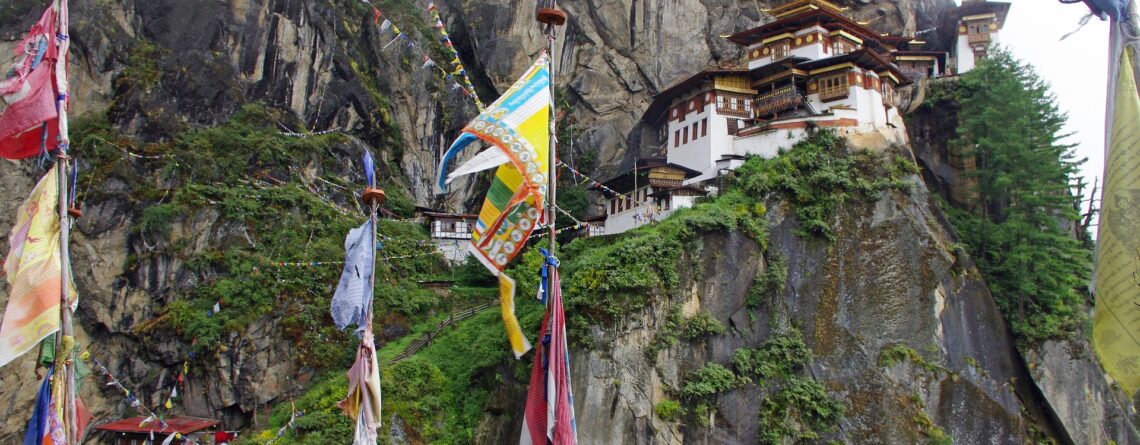Bhutan, the (Un) Happiest Country in the World: The Mass Expulsion of the Lhotsampa People – Part III
Globally, most people are unaware of the tiny country of Bhutan nestled in between the global powerhouses of China and India. Bhutan has been successful in promoting the image of a peaceful and picturesque kingdom of clouds, a haven from the rush and chaos, a modern-day Shangri La. It’s beautiful scenery, rich cultural heritage and secretive nature draw intrepid tourists to explore its hidden beauty. Bhutan often remains a mystery to the outside world and those who do know of it usually associate it with one of two contradictory titles; firstly, the happiest country in the world, due to its unique measurement of Gross National Happiness instead of Gross National Product, and secondly, as the source of the largest number of refugees escaping persecution during the 1990s due to government mandated ethnic cleansing.
This article, the final part of three tries to reconcile why this conflict still matters and how it pertains to current regional and global conflicts. The first article seeks to introduce and explain the origins of the conflict and ethnic tension, whilst the second article details the Lhotsampa’s decades long habitation of various refugee camps in Nepal.
The Biggest Forgotten Humanitarian Crisis
Though it has now been more than 30 years since the beginning of the biggest forgotten humanitarian crisis of the 90s the situation has been left essentially unresolved. Whilst most of the Lhotsampa refugees in the Nepalese camps have been relocated to the US, the UK and Canada, they have been unable to go back to the only homeland they knew or receive any justice towards what has happened to them. Indeed, many spent a minimum of 15 years in refugee camps waiting in limbo as the international community slowly forgot about their plight. Furthermore, Bhutan has not faced any lasting consequences for their actions, and it is expected that they will not face any repercussions in the future as this issue has been widely forgotten. Even the smallest of acts, an apology to the Lhotsampa’s people from the Bhutanese government, would be impossible as it would mean the acknowledgement of wrongdoing in a situation the government still claims they have no responsibility for. It seems that the Lhotsampa people and their struggle to go home are destined to be forgotten as are any hopes of justice, no matter how small.
Even then, the reason to remember the plight of the Lhotsampa’s isn’t because this conflict was fundamentally worse or different from others around the world, it is because we as a global community must remember those who have had no justice in order to be motivated to change for the better. In fact, this conflict did not happen in a void, around the world the Rwandan genocide, the Yugoslav wars and the various internal conflicts of Myanmar mirrored the violence in Bhutan. Indeed, the situation of the Lhotsampa people in many ways typifies a truth that power and privilege often fall along lines of ethnicity, color or creed. Many conflicts today share the same narrative of minorities being persecuted because of a perceived threat to the ruling majority, which feeds into the wider narrative that human rights and equality are a zero-sum game, wherein by empowering those who are oppressed, those who aren’t will lose some of their freedom. The reality is that the humanitarian crisis precipitated by the ethnic clash in Bhutan is but a metaphor of the clashes that can come anywhere people struggle for goods and power and who succumb to tribalism. This wider narrative is reflected globally, and can be seen in any conflict wherein religious, ethnic, LGTBQ+ and gender minorities fight to be treated as equals.
Whilst it is hard to conceive of any outside solution to Bhutan 30 years after the fact, regional conflicts that mirror the Lhotsampa’s exodus are all too common. Globally it is both easier to stay connected with the plights of those fighting for equality and yet also seemingly more difficult for those of us not directly affected to find empathy and compassion for those who are suffering. It is easy to turn a blind eye when the conflict is not in one’s backyard but unless we want to see the continuation of atrocities committed against those who do not have power we must become aware of conflicts that affect our communities, both locally and globally.
For now, the displaced Lhotsampa people will need to find their own way home and for many that will mean nowhere until the world finds a new road to a better place. In the meantime, it is important that the world does not forget the suffering of the Lhotsampa people in hope that they will eventually find justice and that we as a global society will renew our fight against injustice. For more information on the Lhotshampa’s story I recommend reading: ‘Resettlement of the Bhutanese Nepalese from Nepal: The Durable Solution Discourse’ by Susan Banki in Protracted Displacement in Asia edited by John Adelman; “The Unknown Refugee Crisis: Expulsion of the Ethnic Lhotsampa from Bhutan” by Dhurba Rizal, Asian Ethnicity, Volume 5, Number 2, June 2004 and “Ethnic Nationalism, Refugees and Bhutan” by Michael Hutt, Journal of Refugee Studies Volume 9, Number 4, 1996.
Author:
Olivia Copeland is an international relations student, specializing in Asian and American studies. Originally from Canada, she is currently studying in Poland.


Dodaj komentarz